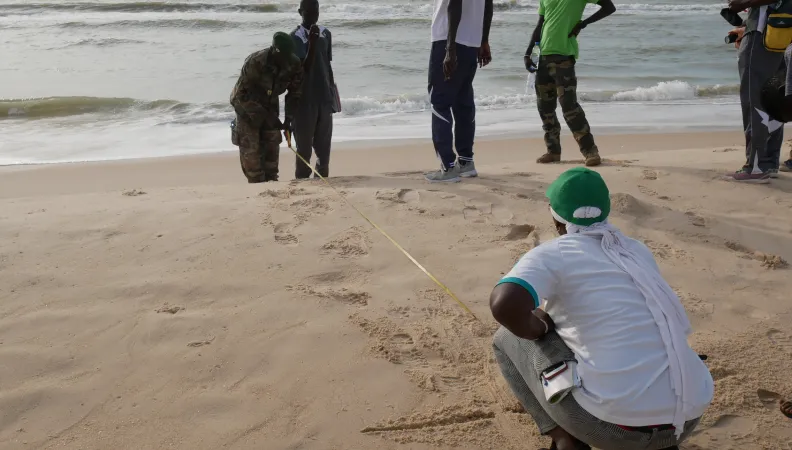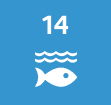Share the page
Innovative local initiatives for the resilience of ecosystems and populations
Project


-
Project start date
-
Status
In progress
-
Estimated date of project termination
-
-
Project financing date
-
-
Financing duration
-
5 years
-
Type of program
-
FFEM
-
Global financing amount
-
8900000 €
-
FFEM financing amount
-
2600000 €
-
Project lead member institution(s)
-
French Ministry for Ecological and Inclusive Transition (MTES)
-
Country and region
-
Cape Verde, Gambia, Guinea-Bissau, Senegal
-
Location
-
Afrique de l'Ouest
-
Type of financing
-
Grant
-
Partners
-
World Bank, Blue Action Fund, MAVA Foundation for Nature
-
Beneficiaries
-
PRCM
-
Type of beneficiary
-
NGO, Foundation

The development of West Africa’s coastal zone is causing environmental degradation with adverse consequences for biodiversity and coastal communities. To slow - or even reverse -this trend the FFEM is encouraging the emergence of innovative local initiatives.
Context
The development of West Africa’s coastal zones is accelerating, driven by urbanisation, the plant and machinery industry, the tourism sector, transport, and the extractive industries. In parallel, the fishing industry (particularly artisanal) is becoming less and less important to the national economies, even though it provides employment. These changes present numerous risks to biodiversity, and increase the vulnerability of coastal communities.
Led by the Regional Partnership for Coastal and Marine Conservation in West Africa and supported by the FFEM, the RESILAO project aims to finance and develop small innovative local initiatives to reinforce the resilience of both ecosystems and societies.
Description
The project has two components:
- Guiding the emergence and implementation of integrated and innovative local projects for the conservation and restoration of coastal areas, for inclusive social development and for the promotion of a sustainable blue economy;
- Supporting the capitalisation of projects and encouraging experience sharing between peers, together with the joint learning of best practices to consolidate the capabilities of local players and encourage them to develop diverse initiatives and implement them at various scales.
Impacts
- Reinforcing the effectiveness of initiatives for conservation and sustainable development on priority sites threatened by rapid changes.
- Improving the socio-economic conditions and social cohesion of communities, through the sustainable enhancement of ecosystem services in this coastal area.
- Bolstering the resilience of coastal areas through innovative solutions addressing recycling, local planning, protection, energy production, and water treatment and sanitation.
Exemplary and innovative characteristic
The FFEM is launching a new type of call for projects which allows cross-cutting themes to be addressed, by proposing integrated solutions to problems that bring together environmental, social and economic aspects.
This project is also one of the first in this geographical sector to be aligned to the new Post-2020 Global Biodiversity Framework. This signifies that it supports coastal conservation efforts beyond Marine Protected Areas and relies on regional partnership, with implementation at several scales.
This project encourages and supports initiatives that are pioneering because of the methods, tools and technologies deployed and their approaches to organisation, people involvement or financial engineering.
Sustainable Development Goals
ODD14 Life below water



